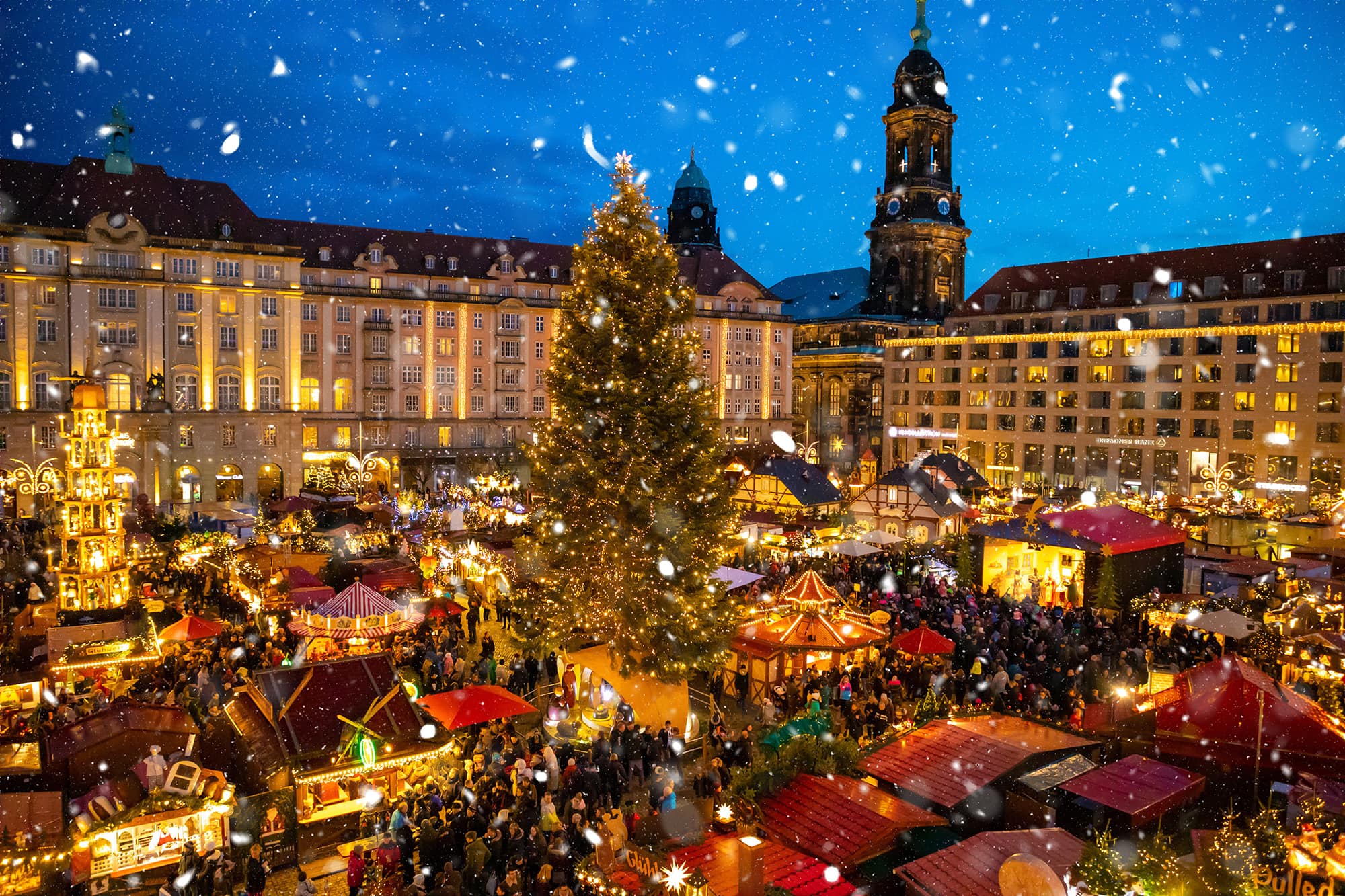Germany, a country rich in history and culture, boasts a diverse array of holidays and traditions that reflect its regional differences and shared values. From festive Christmas markets to vibrant spring celebrations, these occasions foster community spirit and provide opportunities for joyous gatherings. This article explores some of the most significant holidays and traditions celebrated throughout Germany, showcasing the country’s unique cultural tapestry.
New Year’s Day (Neujahrstag)
Welcoming the New Year
New Year’s Day, celebrated on January 1st, marks the beginning of the year in Germany. Many Germans engage in festivities that start on New Year’s Eve, known as Silvester, which includes fireworks, parties, and the tradition of Bleigießen (lead pouring). This practice involves melting lead and dropping it into cold water to interpret the resulting shapes, believed to predict the coming year.
Traditions and Customs
It is common for families and friends to gather for a celebratory meal, often featuring Sekt (German sparkling wine) and traditional dishes. The day itself is often spent relaxing and recovering from the previous night’s celebrations.
Carnival (Karneval)
A Time for Festivity
Carnival, or Fasching, is a lively celebration held in the weeks leading up to Lent, particularly popular in regions like Cologne, Mainz, and Düsseldorf. The festivities kick off with numerous parades, costumes, and parties, showcasing elaborate floats and lively music.
Cultural Significance
Carnival represents a time of revelry before the somber season of Lent. Participants often wear extravagant costumes, with themes ranging from traditional German folklore to modern pop culture, making it a colorful spectacle that unites communities in joy and laughter.
Easter (Ostern)
Celebrating Renewal
Easter is a significant holiday in Germany, celebrated with various customs that blend religious significance with cultural traditions. The Easter season begins with Holy Week, culminating in Easter Sunday, which symbolizes the resurrection of Christ.
Unique Traditions
One of the most beloved customs is the decoration of Easter eggs, often painted or dyed in bright colors. Children participate in Easter egg hunts, searching for hidden eggs and treats. Additionally, many families enjoy a festive meal featuring lamb or Easter bread.
Oktoberfest
The World’s Largest Beer Festival
Oktoberfest, held annually in Munich from late September to the first weekend in October, is one of Germany’s most famous traditions. Attracting millions of visitors from around the globe, this festival celebrates Bavarian culture, featuring traditional food, music, and, of course, beer.
Community and Culture
Beyond the beer tents, Oktoberfest offers a glimpse into Bavarian life through folk dances, parades, and amusement rides. The event fosters camaraderie and a sense of belonging among locals and visitors alike, making it a must-visit for anyone in Germany during the fall.
Christmas (Weihnachten)
The Most Wonderful Time of the Year
Christmas is a cherished holiday in Germany, celebrated with a mix of religious traditions and festive customs. The Advent season begins four weeks before Christmas, marked by the lighting of candles and the use of Advent calendars.
Festive Markets and Traditions
One of the highlights of the Christmas season is the Weihnachtsmarkt (Christmas market), where towns and cities transform into winter wonderlands filled with stalls selling handcrafted gifts, ornaments, and delicious treats like Glühwein (mulled wine) and Lebkuchen (gingerbread).
On Christmas Eve, families gather to celebrate with a special meal, often featuring roast goose, followed by the exchange of gifts. Christmas Day is typically spent in quiet reflection, often with church services and family gatherings.
Germany’s holidays and traditions reflect its rich cultural heritage and the importance of community and family. Each celebration provides an opportunity to honor the past while looking forward to the future. From the vibrant festivities of Carnival to the warm gatherings of Christmas, these traditions play a vital role in the fabric of German society, celebrating life throughout the year. Embracing these customs allows both locals and visitors to experience the joy and unity that define the German spirit.
